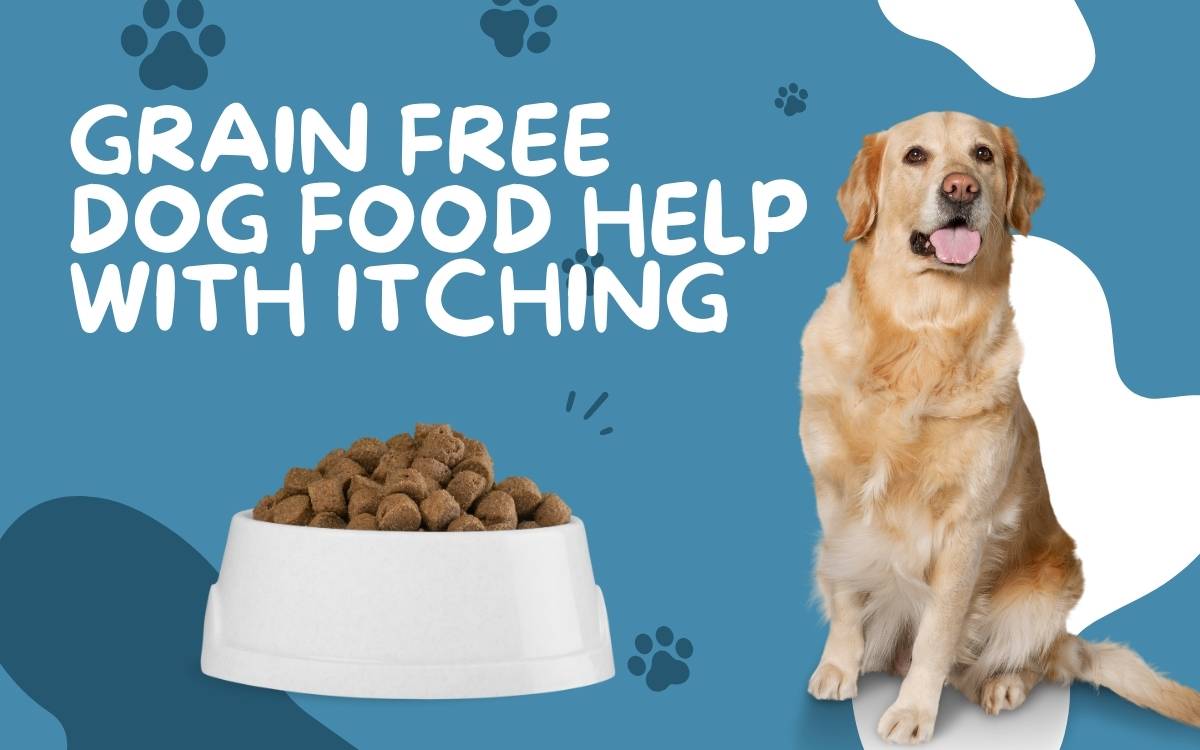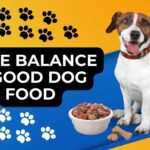Does your furry friend constantly scratch and itch? Have you been searching for a solution to relieve their discomfort? Look no further! In this article, we will explore how will grain free dog food help with itching.
Grain allergies have become increasingly common in dogs, causing them to suffer from skin irritations, digestive issues, and overall discomfort. Join us as we explore the potential benefits of switching your canine companion’s diet to a grain-free alternative and learn how it could be the answer you’ve been seeking.
Table of Contents
Understanding the problem of itching in dogs
Itching in dogs can be caused by a variety of factors, including allergies, parasites, skin infections, and underlying medical conditions.
Allergies are one of the most common causes of itching in dogs, with food allergies and environmental allergies being the main culprits. Fleas, ticks, mites, and other parasites can also cause intense itching in dogs.
To understand and address the problem of itching in dogs, it is important to first identify the underlying cause.
If your dog is constantly scratching or biting at their skin, it is recommended to consult with a veterinarian. They will perform a thorough examination and may recommend additional tests such as skin scrapings or blood work to determine the cause of the itching.
What causes itching in dogs?
here are several possible causes of itching in dogs. One common cause is allergies, which can be triggered by certain foods, environmental factors such as pollen or dust mites, or even flea bites.
Dogs with allergies often experience itching all over their body and may also have other symptoms such as redness, hair loss, and recurrent ear infections.
Another potential cause of itching is parasites, such as fleas or mites. These tiny creatures can irritate a dog’s skin and cause intense itching.
Fleas are especially common during warmer months and can easily infest both indoor and outdoor dogs. Mites, on the other hand, are microscopic organisms that can burrow into a dog’s skin and cause severe itching, particularly around the ears and paws.
The rise of grain-free dog food
The rise of grain-free dog food can be attributed to several factors. Firstly, there is a growing awareness among pet owners about the potential benefits of a grain-free diet for their dogs.
Many believe that dogs are better adapted to a diet that mimics what their ancestors would have eaten in the wild, which typically consists of meat and limited carbohydrates.
Secondly, there has been an increase in the number of dogs with food allergies or sensitivities. Grain is a common allergen for some dogs, and switching to a grain-free diet can help alleviate symptoms such as itching, digestive issues, and skin problems.
Does grain free food alleviate itching?
Grain-free food can potentially alleviate itching in some dogs, but it is not a guaranteed solution for all cases.
Many dogs have allergies or sensitivities to grains such as wheat, corn, and soy, which can manifest as skin irritations and itching. By eliminating these grains from their diet, some dogs may experience relief from itching.
Potential benefits and drawbacks of grain free food
Potential benefits of grain-free food include improved digestion, reduced allergies, and weight management. Many grain-free diets are high in protein and healthy fats, which can aid in better digestion and nutrient absorption.
For dogs with grain allergies or sensitivities, a grain-free diet can alleviate symptoms such as itching, digestive upset, and skin irritations. Additionally, since grains are often high in carbohydrates, removing them from the diet can help with weight management for overweight pets.
Considerations before switching to grain free food
Before switching to grain-free food for your pet, there are a few important considerations to keep in mind. Firstly, it’s essential to consult with your veterinarian.
They can provide guidance based on your pet’s specific needs and health conditions. Some pets may require a grain-inclusive diet for optimal nutrition, so it’s crucial to have professional advice.
Conclusion: Making an informed decision for your dog’s health
In conclusion, making informed decisions about your dog’s health is crucial for their overall well-being and longevity. By educating yourself about proper nutrition, exercise, and preventive care, you can ensure that your furry friend lives a happy and healthy life.
Consult with your veterinarian regularly to stay up-to-date on any new developments in veterinary medicine and seek their guidance when necessary. Remember, you are your dog’s advocate and it’s important to make choices that prioritize their health and happiness. So, take the time to research, ask questions, and make informed decisions – your dog will thank you for it!
Also, Read this related article. Can you buy dog food with food stamps?
FAQS
Is grain-free food good for dogs?
Grain-free food can be a good option for some dogs, but it is not necessarily beneficial for all dogs. Grain-free diets became popular because some people believed that grains were causing allergies and digestive issues in their pets. However, research has shown that true grain allergies are relatively rare in dogs.
What is the purpose of grain-free dog food?
Grain-free dog food serves a specific purpose for dogs with certain dietary needs or sensitivities. While grains like corn, wheat, and soy are commonly used in many dog foods as a source of carbohydrates, some dogs may have difficulty digesting them or be allergic to them. In such cases, grain-free dog food provides an alternative by using ingredients like sweet potatoes, peas, or lentils as a source of carbohydrates.
What is the downside to grain-free dog food?
While grain-free dog food has gained popularity in recent years, it does come with a few downsides. One of the main concerns is that some grain-free diets may lack the essential nutrients that dogs need for optimal health. Grains like wheat and corn can provide important sources of carbohydrates, fiber, and certain vitamins and minerals. Without these grains, dogs may not receive enough energy or nutrients, leading to nutritional imbalances or deficiencies.
Is rice grain-free?
No, rice is not grain-free. Rice is actually a type of grain that is widely consumed around the world. It belongs to the grass family and is one of the most important staple foods in many cultures. While there are various types of rice such as white, brown, and wild rice, all of them are considered grains and contain carbohydrates, proteins, and other nutrients commonly found in grains.










